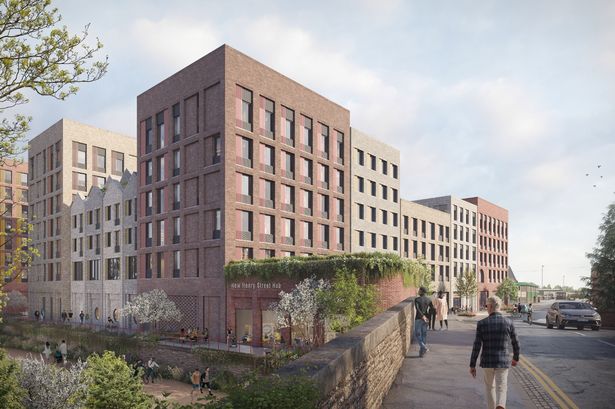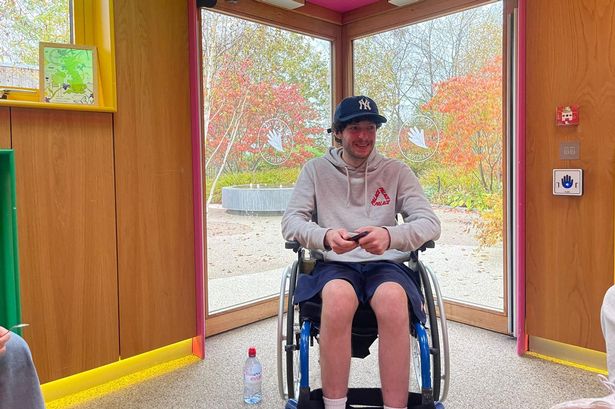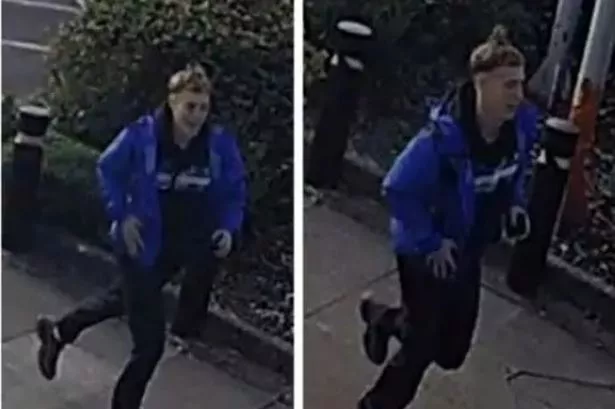Developers have been refused planning permission for 705 student beds in an industrial part of Bristol despite the support of the local community. The plans would have included building a new community centre and a supermarket, both facilities which the Dings currently lacks.
Dominus, a family-owned property developer, applied to Bristol City Council for permission to build the eight-storey block of student flats on Sussex Street in St Philips. The site is currently home to industrial units including one used by the Invisible Circus, who would have to relocate.
Councillors on the development control B committee voted to refuse permission for the new homes on Wednesday, June 26. They said the area should be protected for industrial uses, and raised concerns about the poor quality living conditions for students living in the flats.
Read more:Bristol election candidates clash over rent controls and building new council housing
Read more:Huge student flats plan that has divided community set to be refused
Speaking to the committee, Nola Hersey, chair of the Dings Community Association, said: “The proposed scheme incorporates a community space, a safer way to cross Kingsland Road, and importantly for many of our residents, access to an affordable supermarket. An industrial unit on this site will provide no obvious community benefit, but instead brings the risk of traffic pollution, noise and congestion.”
Preet Ahluwalia, principal director at Dominus, added: “My father arrived in the UK as a refugee and he always appreciated the sanctuary that the UK gave him. So when he started our family business, he always sought to give back. That’s why we started the development by asking the community what they need most and incorporating that into our business plan.”
Dominus would include workshops in its plans, at a peppercorn rent, to allow the creative industries to continue working on the site. But planning officers said there would be an overall reduction of employment space, in part of the city where jobs should be protected. And the circus based on the site warned that building student flats risked the city’s reputation for circus.
Kathryn Chiswell-Jones, from the Artspace Lifespace charity, said: “The Invisible Circus is a key cultural institution in Bristol. We’re concerned that more student accommodation at the expense of creative space risks eroding Bristol’s creative core. Losing Unit 15 means losing the capacity to develop specialist aerial acts, risking Bristol’s reputation as a circus city.”
Concerns also included road safety, as the area is not considered safe for hundreds of students to be walking or cycling around, given its industrial nature. And some future residents would be warned they should not open their windows on a Saturday night, due to a neighbouring night club. The Dare to Club would be protected from noise complaints made by future residents.
Labour Councillor Fabian Breckels said: “I’m concerned about the lack of natural light and the issue of rooms being too hot or too cold. If you’ve got to have windows closed at night because of the noise outside, it’s either don’t sleep because you’re too hot or don’t sleep because there’s too much noise going on outside.”
The committee voted seven to two in favour of refusing planning permission. Voting to refuse the plans were the Greens Paula O’Rourke, Mohamed Makawi and Lisa Stone; Labour’s Fabian Breckels, Lisa Durston and Don Alexander; and Liberal Democrat Caroline Gooch.
Voting against the refusal were Green councillor Guy Poultney and Conservative councillor Richard Eddy, who argued in favour of deferring a decision to allow time for the plans to be improved. The developers could now decide to revise their plans and try applying for permission a second time, taking into account the criticisms of councillors and planning officers.



















